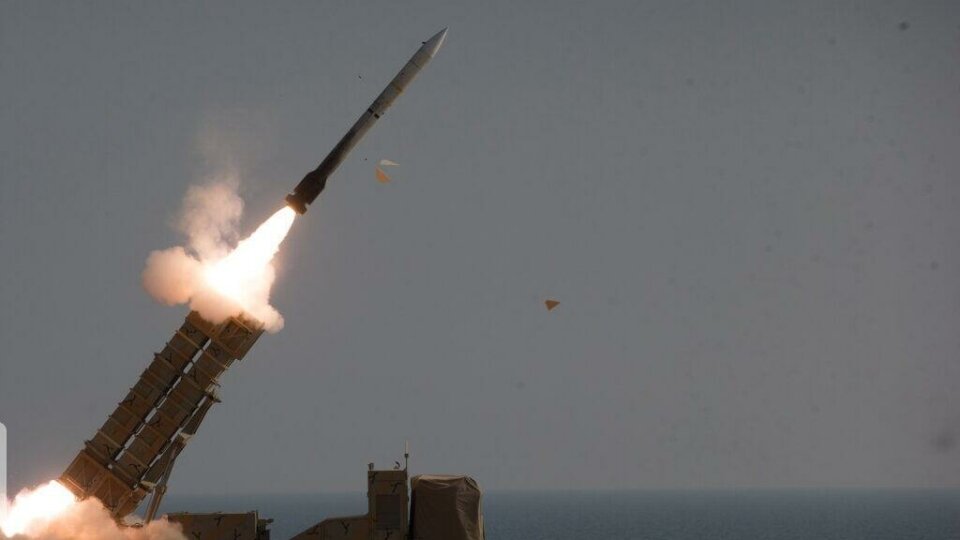Iran made valuable intelligence breakthroughs following Operation True Promise: Ex-military officer

TEHRAN- A retired senior Lebanese officer, referring to Iran’s recent punitive response against the Zionist regime, highlighted Tehran’s valuable intelligence achievements following the operation.
According to Raialyoum, the retired officer, Mohammad Al-Hosseini, stated that Tehran’s response is the result of a long-standing conflict with the Zionist regime that began about four decades ago.
He added that this response followed the Zionist regime’s attack on the Iranian consulate in Damascus, which Iran considered a threat to national security and a clear violation of its sovereignty.
Additionally, Tehran’s response was a limited strike aimed at creating strategic deterrence to prevent further attacks on Iranian diplomats, thwart repeated attacks on its embassy, and create a deterrent for Israeli regime actions inside Iran.
Al-Hosseini continued by saying that Tehran initiated the attack with hundreds of very inexpensive drones, and in response, the occupying regime spent one and a half billion dollar to shoot down these drones.
The Iranians did not use any new technology, so the Zionists could not obtain any new information, but the Iranians obtained a lot of information about the capabilities of the Americans and the Zionists.
This retired Lebanese military officer averred that in the second wave, Iran fired old cruise missiles, and once again the Zionist regime and its allies countered with expensive guided missiles, utilizing all their capabilities to obtain more information. Then Tehran fired ballistic missiles, directly targeting two key air bases in southern and northern occupied Palestine.
He also stated that there is no separation between Iran’s response and what is happening in southern Lebanon and Gaza since the Operation True Promise.
Iran’s response has created strategic developments on a global scale and engagement in the region, including the two fronts of Gaza and southern Lebanon, as follows:
First, Iran presented itself as a global power in the international arena, indicating its ability to engage in war, if necessary, contrary to the beliefs of the United States and the Zionists. The assumption of the U.S. and the Zionist regime was that sanctions economically and politically incapacitate Iran from responding.
Second, the fear and terror caused by Iran’s attack in official circles among the Zionists.
Third, the effects of Iran’s response against the Zionist regime on the Lebanon front with occupied Palestine became apparent. The reaction was not like before; Hezbollah sent drones deep into enemy territory, targeting the Shraga garrison in the north of Akka on April 23, which was the first time since the start of the war. This made the enemy realize the changing situation. Additionally, Hezbollah targeted the town of Meron and its surrounding areas on April 28. This forces the occupying regime to reconsider its calculations and fantasies about Iran, compelling it to abandon its illusions of neutralizing Iran’s military presence in regional developments.
Fourth, the lack of an immediate response from the Zionist regime and Washington’s efforts for calm established a new stage, showing that the Americans and Europeans do not have the ability to control tensions in the region if Tel Aviv acts arrogantly against Hezbollah or Iran.
Fifth, although Iran’s operation gave the occupying regime an opportunity to once again portray itself as a victim in international forums, but its positive impact on the Gaza war was significant and highlighted Iran’s capabilities.
Leave a Comment